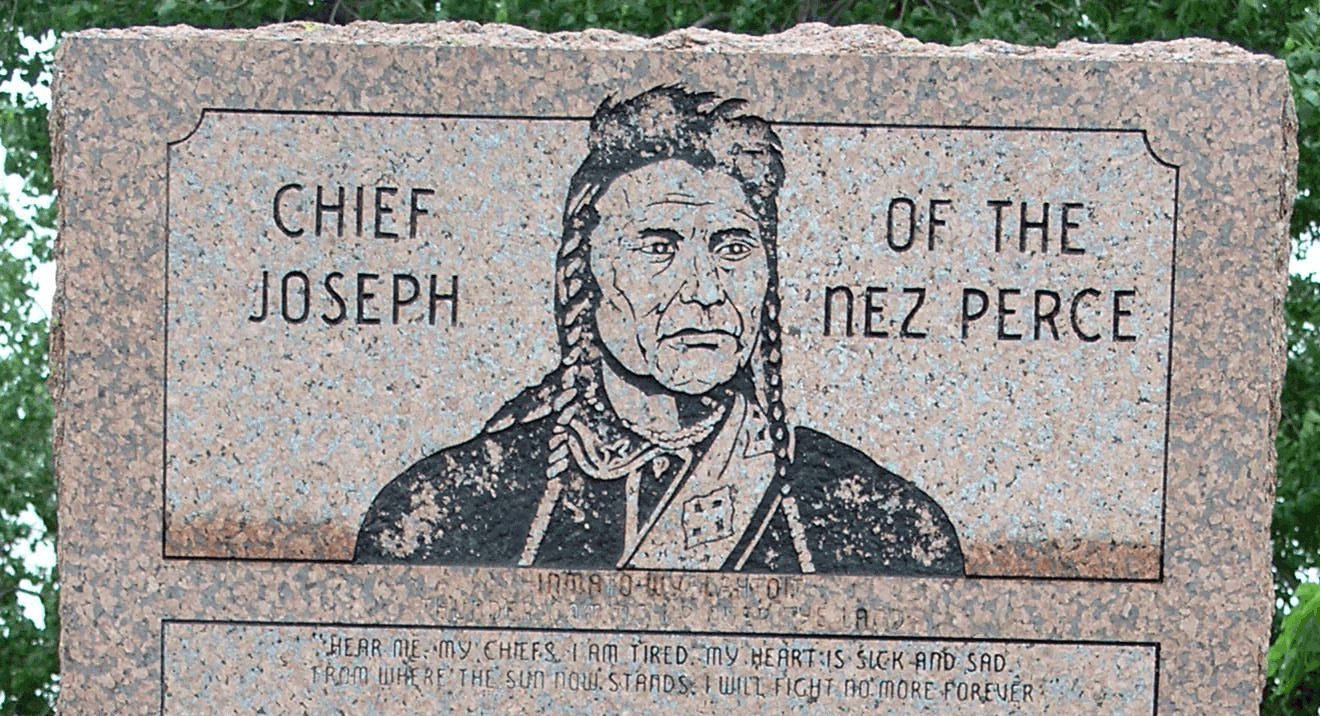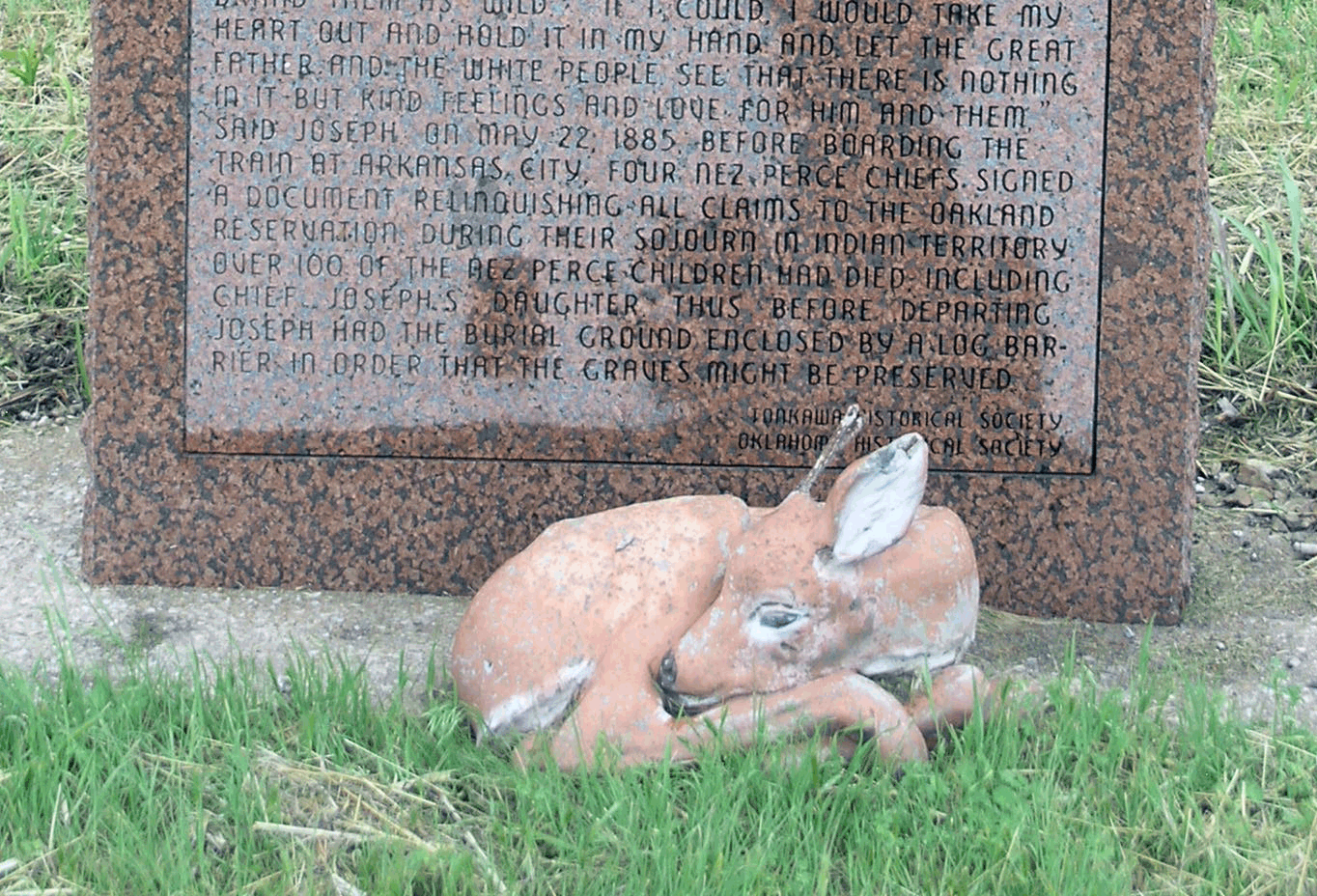Chief Joseph
Chief Joseph
Here me Chiefs. I am tired. My heart is sick and sad from where the sun now stands. I will fight no more forever.
With these words, Cheif Joseph of the Nez Perce surrendered to Colonel Nelson A Miles of the United States Army and thus began an eight year exile of these people from their homeland in Idaho. Refusing to be herded onto a reservation, the Nez Perce, described by Miles as "a very bright and energetic body of Indians, indeed the most intelligent that I have ever seen," fled eastward in 1877 to find refuge in Canada with only 250 warriors. Chief Joseph held the military at bay for 15 weeks during at least a dozen encounters and a 1700 mile chase before being forced to surrender at Bear Paw Mountain thirty miles from the Canadian border.
The Nez Perce where moved to Fort Leavenworth, Kansas, in November 1877 and the following year to the Quapaw Agency near Baxter Springs, Kansas. Finally in 1879, they were placed on the Oakland reservation west of the Chickaskia River and north of the Salt Fork of the Arkansas River in Indian Territory. Present site of Tonkawa, Oklahoma. Here the Nez Perce made a substantial effort to become economically self sufficient by leasing agreements with area ranchers. They also established a day school which attracted both adults and children. Nevertheless the Nez Perce could not be acclimated. The death rate was abnormally high and they continued to seek a return to their homeland.
Finally in May of 1884 petitions presented in Congress demanding action upon the repatriation of the Nez Perce bore fruit and an Indian appropriation bill providing funds for such a move was passed. The bill became law on July 4 where upon Secretary of the Interior Henry M Teller and Commissioner of Indian Affairs H. Price authorized the removal. Chief Joseph and his group where to be placed upon the Colville reservation in northern Washington instead of their homeland near Lapwai, Idaho.
The plan was not pleasing to Chief Joseph or his followers who objected that they had been punished enough and would not voluntarily consent to further humiliation. The segregation they said would brand them as wild. "If I could I would take my heart out and hold it in my hand and let the great father and the while people see that there is nothing in it but kind feelings and love for him and them." said Joseph. On May 22, 1885, before boarding the train at Arkansas City, four Nex Perce chiefs signed a document relinquishing all claims to the Oakland Reservation during their sojourn in Indian Territory over 100 of the Nex Perce children had died including Chief Joseph's daughter. Thus before departing Joseph had the burial grounds enclosed by a log barrier in order that the graves might be preserved.
Location
Directions
Regions
Maps
- 36.688072, -97.267001
- OpenStreetMap
- Google Maps
- Bing Maps
- Apple Maps
- MapQuest
Pictures
Notes
* Photos provided by Dennis McGill
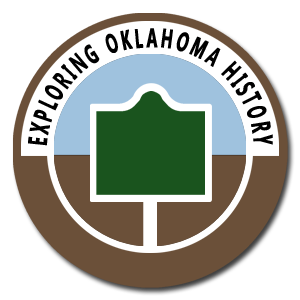
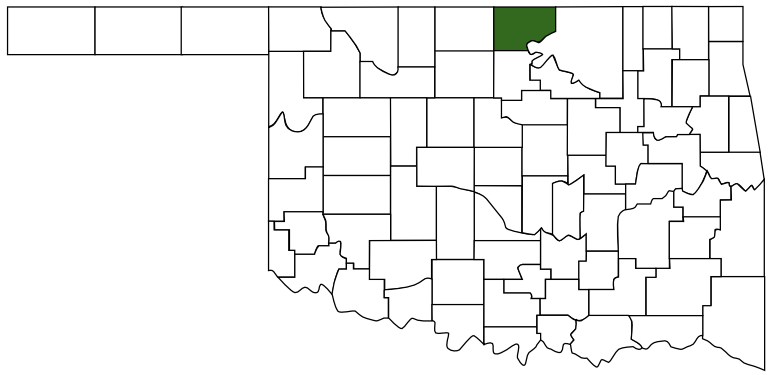 Kay County
Kay County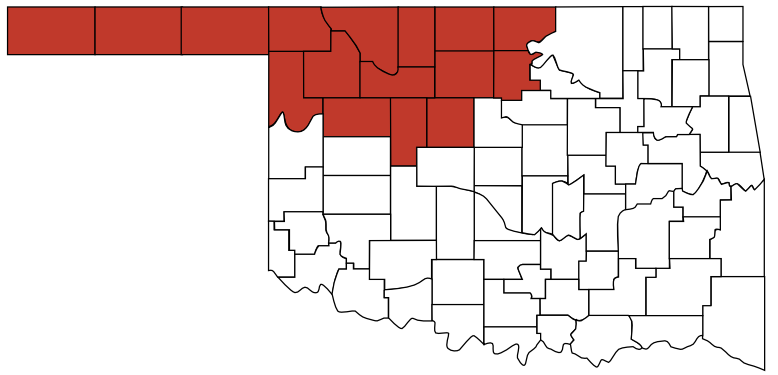 Red Carpet Country
Red Carpet Country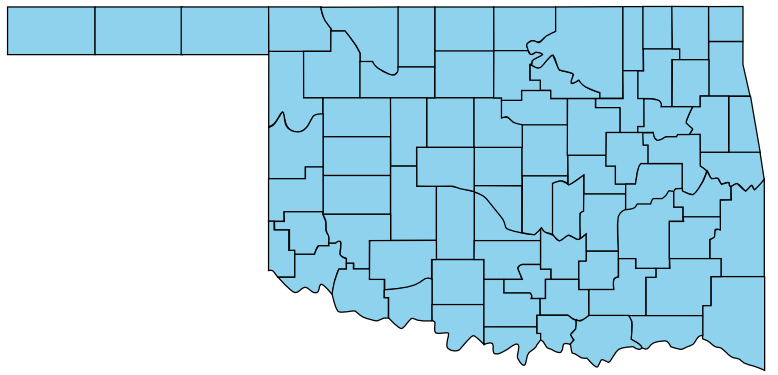 Oklahoma
Oklahoma